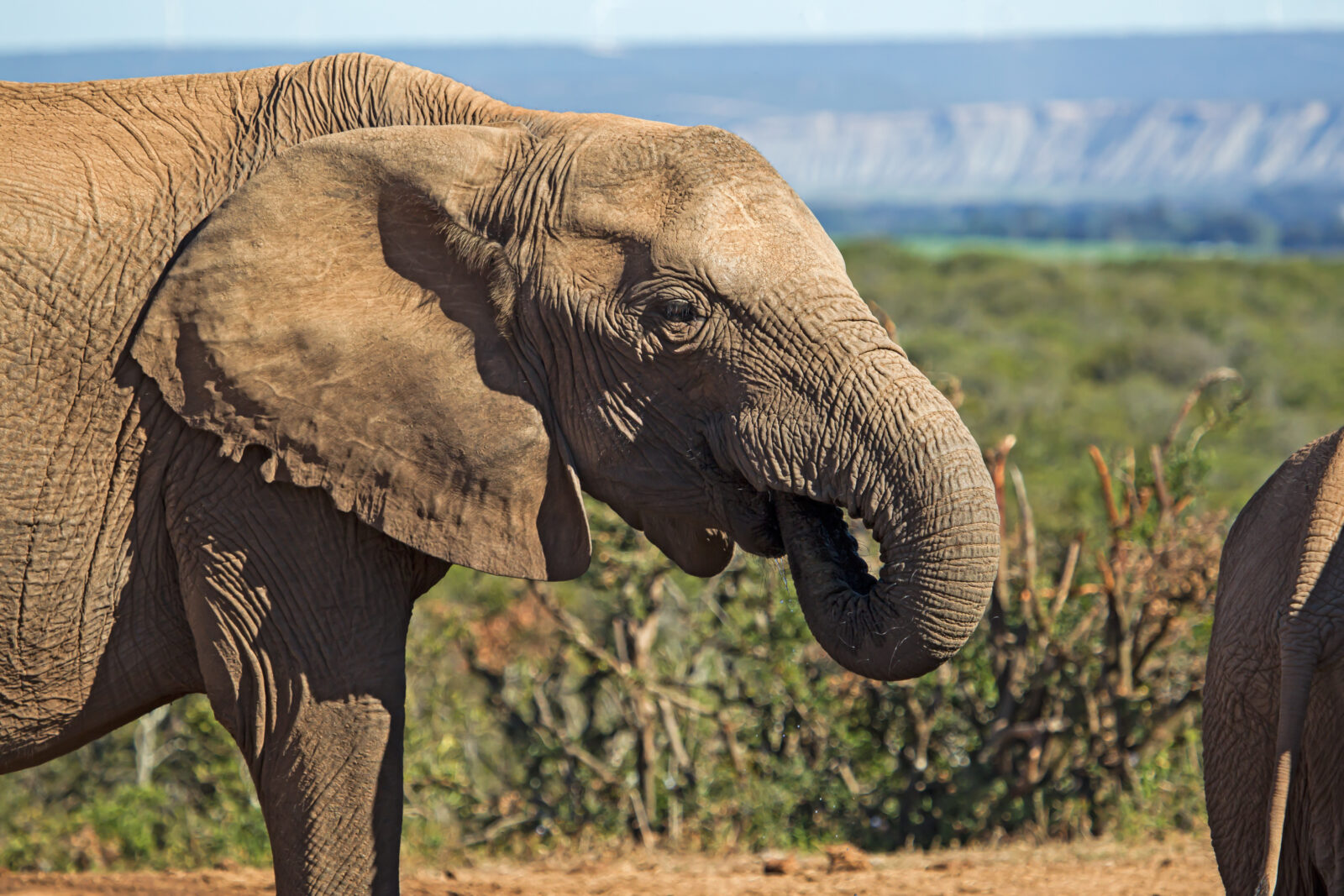Michael Behe: Evolution, Devolution, Design
Today’s ID the Future features three recent Evolution News essays by Lehigh University biology professor and Darwin Devolves author Michael Behe, as read by host Andrew McDiarmid. In the first, nothing shows the feebleness of Darwinism quite so much as breathless stories about new results that turn out to be much ado about nothing. In this case, it’s some recent speculation about the rise of “lactase persistence” in many human adults. Then it’s onto malaria, much beloved of evolutionists, not for its lethality but as a demonstration of evolution in action. But Behe dissects the latest news story on the topic to show that the touted malaria evolution is, once again, malaria gnawing off the proverbial leg to achieve a niche advantage—that is, mere devolution. It’s akin, Behe says, to the rise of tuskless elephants in Africa, where having the devolutionary mutation that leaves an elephant tuskless renders the creature of no interest to elephant-slaying ivory poachers, thereby improving its chances of survival. In the third essay Behe makes a case for his favorite way of concisely describing what we detect when we detect intelligent design in biology.
For a great collection of Dr. Behe’s essays, get a copy of his newest book, A Mousetrap for Darwin: Michael Behe Answers His Critics.
